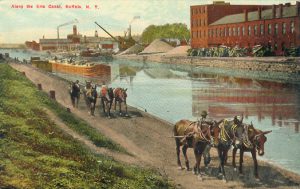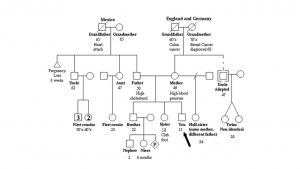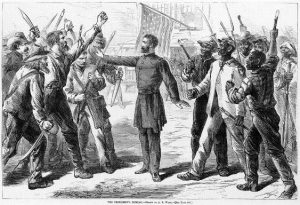 I am fortunate in having photographs of many of my relatives, and more fortunate still in that I can identify so many of them. Often the work has been done for me, as to names; sometimes my work is cut out for me in terms of fitting them into the family tree. I have photos of all four of my grandparents as children, in the early years of the twentieth century, so I’m also lucky that my great-grandparents (or other relatives) took the trouble to take them to a professional photographer to be recorded.
I am fortunate in having photographs of many of my relatives, and more fortunate still in that I can identify so many of them. Often the work has been done for me, as to names; sometimes my work is cut out for me in terms of fitting them into the family tree. I have photos of all four of my grandparents as children, in the early years of the twentieth century, so I’m also lucky that my great-grandparents (or other relatives) took the trouble to take them to a professional photographer to be recorded.
My paternal grandfather, Gilbert Livingston Steward (1898–1991), was photographed by Scheur of New York – I think! It is one of the photos in my paternal grandmother’s album, and I like to think it was a present from my great-grandmother[1] at the time of my grandparents’ engagement in 1927. The photo shows GLS at about the time he went off to St. George’s School in Rhode Island. Continue reading Another day at the beach







